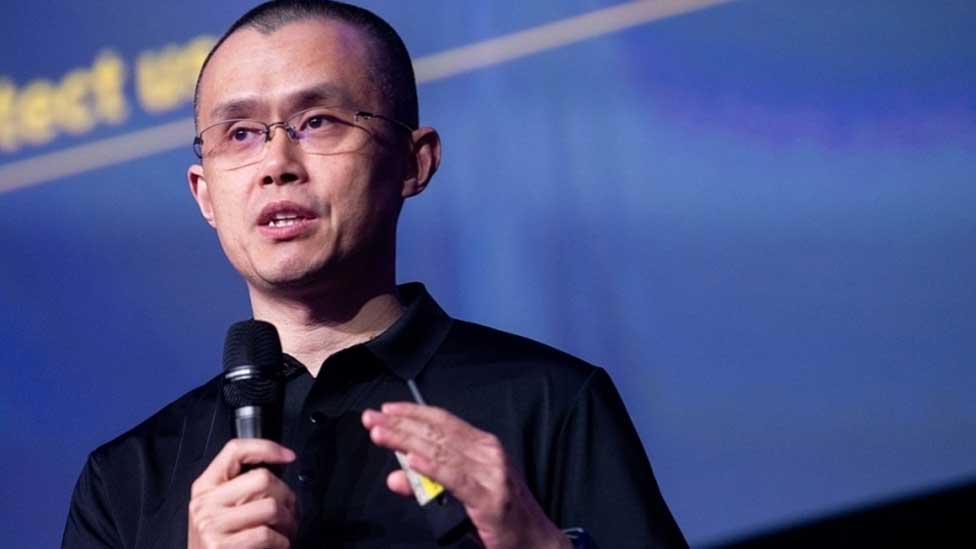On September 1, the Trump-backed cryptocurrency venture World Liberty Financial (WLF) unveiled its WLFI token across major exchanges. The debut immediately made headlines, lifting the Trump family’s estimated wealth by more than $7 billion in a single day. Beyond enriching Trump’s inner circle, the launch underscored a broader shift in U.S. policy under his second term and placed one of crypto’s most controversial figures—Binance founder Changpeng Zhao (CZ)—back in the spotlight.
A Political and Financial Turning Point
The token’s release represents a striking departure from Washington’s previously adversarial approach to digital assets. During Trump’s first administration, regulators tightened scrutiny on crypto firms, targeting illicit flows and enforcing compliance. But his second term has seen a wholesale reversal. Trump has positioned himself as a champion of cryptocurrency, describing it as central to America’s economic competitiveness and even tying it to his vision of financial independence from traditional banking.
For investors, the WLFI launch was more than symbolic. The surge in the Trump family’s wealth marked a moment of validation for those betting on crypto’s mainstream acceptance. It also revealed how closely politics, finance, and personal business interests have become entwined in this new chapter of American governance.
The Return of CZ
For Zhao, once hailed as a crypto pioneer and later disgraced, the timing could not be more favorable. In 2023, Zhao pleaded guilty to money-laundering violations tied to Binance’s global operations. He served four months in prison in 2024 as part of a plea deal, stepping down as CEO but retaining significant influence in the industry. At the time, many believed his career was finished, especially in the United States, where regulators pursued Binance with lawsuits and enforcement actions.
Now, with the political winds shifting, Zhao is pushing for a presidential pardon. The WLFI rollout, coupled with fresh investments in the Trump-backed platform, has reinvigorated speculation that Zhao could regain access to U.S. markets. Supporters argue that he remains one of the few visionaries capable of steering crypto toward mass adoption. Critics counter that pardoning Zhao would signal that personal connections and financial leverage outweigh accountability.
Abu Dhabi’s Role and Global Capital Flows
The WLFI token has also attracted international money. The Abu Dhabi-based fund MGX committed $2 billion through WLF’s stablecoin, USD1, signaling strong Middle Eastern interest in deepening ties with both Trump’s family enterprise and U.S. crypto ventures. For Washington, the investment highlights how foreign capital is flowing into politically aligned projects, raising new questions about national interest, influence, and transparency.
This international backing dovetails with the Trump administration’s efforts to reset global financial alliances. By leaning into crypto, the White House appears intent on positioning the U.S. as a hub for innovation while also drawing in strategic foreign partners. Observers warn, however, that such investments may come with geopolitical strings attached, especially in regions where economic and political priorities do not always align with U.S. policy.
Regulatory Reset
Perhaps most striking has been the regulatory about-face. Under President Trump’s direction, the Securities and Exchange Commission (SEC) dropped its high-profile lawsuit against Binance. Other enforcement actions have been paused or dismissed, clearing obstacles that previously kept Binance and Zhao at arm’s length from U.S. investors. This softening of regulatory pressure underscores how dramatically the administration’s stance has shifted in less than two years.
While some in the industry celebrate the change as overdue recognition of crypto’s legitimacy, watchdogs and legal experts see it differently. They argue that undermining regulatory independence threatens long-term stability. The concern is not just about Binance, but about the precedent: if political connections can erase major enforcement actions, the credibility of U.S. financial oversight may be permanently weakened.
Ethics and Influence
The convergence of Trump’s personal financial gain, regulatory decisions, and Zhao’s pardon campaign has ignited fierce debate. Critics describe the moment as a “roadmap for corruption,” warning that the line between public duty and private profit is being erased. They question whether Trump’s embrace of crypto is rooted in genuine economic strategy or primarily in personal enrichment. The WLFI token’s instant success, while celebrated by investors, has amplified those concerns.
Supporters of the administration argue that such critiques overlook the broader opportunity. They say loosening restrictions is essential for the U.S. to compete globally, and that Zhao’s expertise and resources could accelerate innovation. Pardoning him, they claim, would not absolve wrongdoing but instead acknowledge his role in building infrastructure vital for the sector’s growth.
What Lies Ahead
For Zhao, the path forward hinges on Trump’s decision. A pardon would not only restore his reputation but also pave the way for Binance’s reentry into the world’s largest financial market. It would also cement Trump’s place as the most crypto-friendly U.S. president in history. For the industry at large, the coming months will determine whether this pivot fosters sustainable growth or sets off a new era of politically driven risk.
What is certain is that cryptocurrency has moved from the fringes of finance into the very heart of U.S. politics. The launch of WLFI, the influx of foreign capital, and the regulatory retreat together mark a new chapter—one in which fortunes, reputations, and policy are increasingly intertwined. And at the center of it all stands Changpeng Zhao, a man once sidelined, now once again a pivotal player in the global crypto arena.




























